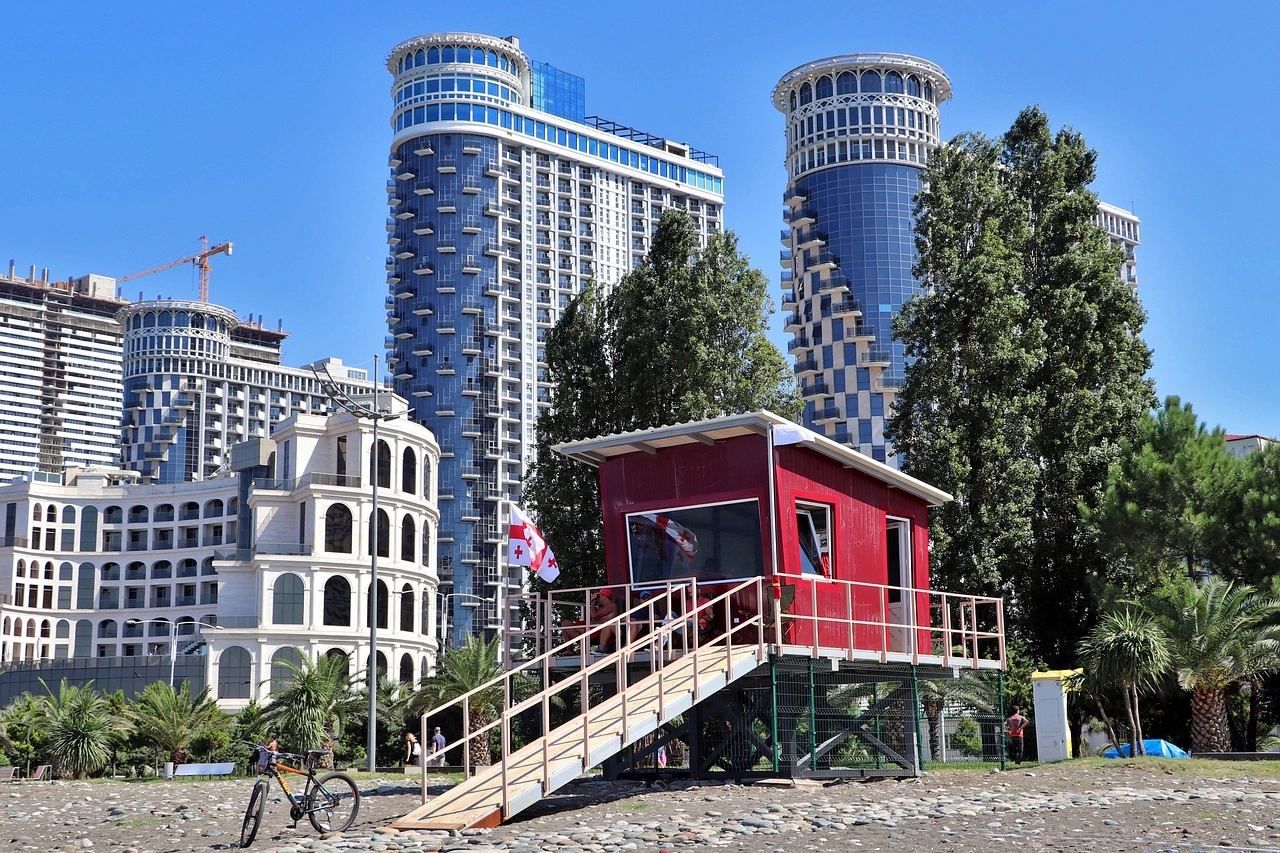Investment Opportunities in Georgia (Part 2)
Situated between Europe and Asia on the historic Silk Road, Georgia allows companies to do business at a strategic crossroads of cultures and economies while maintaining a high degree of integration with international markets.

2025/3/18
75








